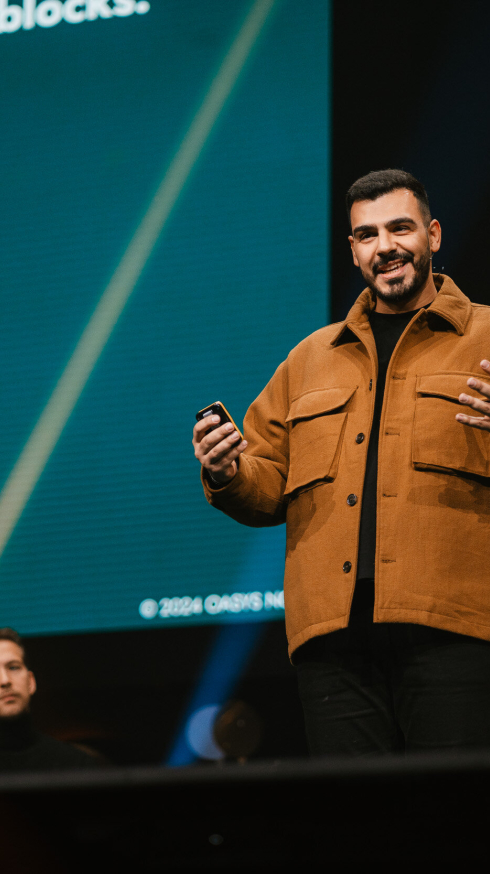

In the spotlight
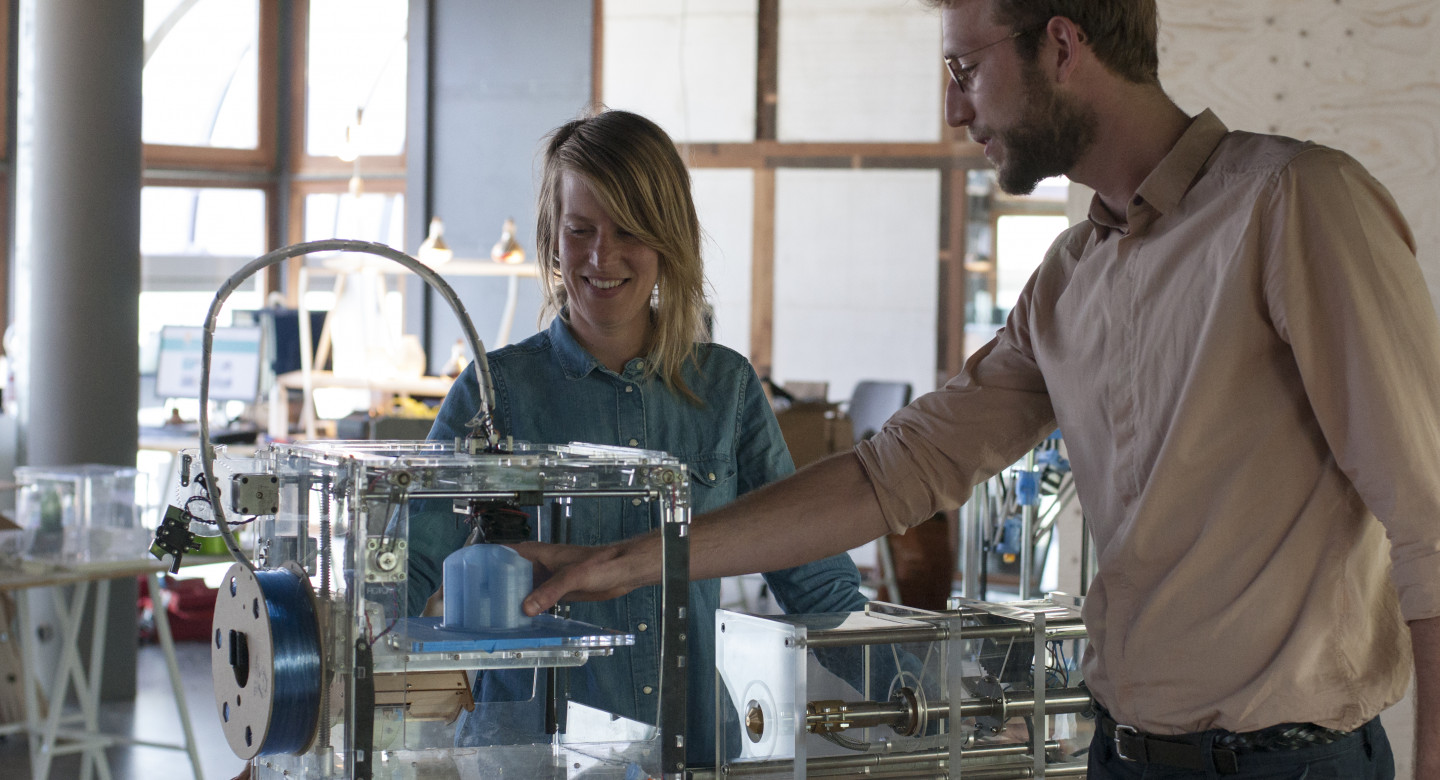
We have a plastics problem, and it is getting out of control. Since the 1950s, global plastics production has skyrocketed, while only a fraction of plastics are recycled. Today, with consumption of plastics at over 360 million metric tonnes per year, the end of the plastics boom is nowhere in sight. If we fail to rethink the way we produce and use plastics, our consumption will double in the next 20 years. This enormous plastics mountain poses a major threat to human health, nature and the environment.
Plastic pollution is closely connected to the Sustainable Development Goals (SDGs). Plastics degrade slowly, causing long-term environmental damage. Large macro plastics negatively impact ecosystems, clog rivers, and contaminate water, while smaller micro and nano plastics enter the food chain. The achievement of the SDGs depends on us tackling the plastics issue. Plastic adversely impact:
At the same time, plastics are also essential to achieving the SDGs. In the food industry, plastics prevent the waste of healthy and nutritious products required to feed a growing world population. In the logistics industry, lightweight plastics save fuel and emissions. Plastic syringes, blood bags, artificial limbs and heart valves all contribute to long and healthy lives. And where there’s electricity, there’s plastics. Wind turbines and solar panels too use plastics.
Our goal is not to end the use of plastics, but to minimise the negative impact of plastics on the environment. Our main challenge? To get plastic waste and the pollution associated with it under control.
The first step towards limiting plastic waste and pollution is to improve sustainability in the use, consumption and waste of plastics. We do not always use plastics with care. Many products and packaging types cannot be reused or recycled, and they end up polluting the environment. Ideally however, plastics would no longer become waste. Once produced, they would remain inside the system: a circular plastics economy. In the Netherlands, we work towards this goal. By 2050, we aim to be fully circular.
To meet this objective, we believe cooperation is essential – both on the national and international level. The Netherlands was among the first countries to join the Ellen MacArthur Foundation’s plastics network. Just like the Ellen MacArthur Foundation, the Netherlands believes that the plastic waste challenge requires a fundamental shift in the way we design, use and reuse plastics.
In February 2019, the Dutch government, NGOs, knowledge centres, branch organisations and plastics manufacturers and users signed the Plastics Pact NL. In this pact, signatories such as supermarkets Albert Heijn and Jumbo, dairy manufacturer Friesland-Campina, and brewery Heineken pledged to work together towards closing the plastics loop. As one of the driving forces behind the European Plastic Pact, the Netherlands also cooperates with other European countries to stop the use of unnecessary plastic and adopt the use of reusable or recyclable plastic wherever possible.
To preserve the value of non-renewable raw materials such as plastics as much as possible, we need to work together, across borders and the entire plastics value chain. To boost innovation and share insights, networks and best practices, Holland Circular Hotspot and TNO have developed a plastics brochure. We hope to inspire you to rethink the way you use plastics, and to join our circular movement. Because only by working together, can we make the transition towards a circular plastics economy.
Download the brochure here
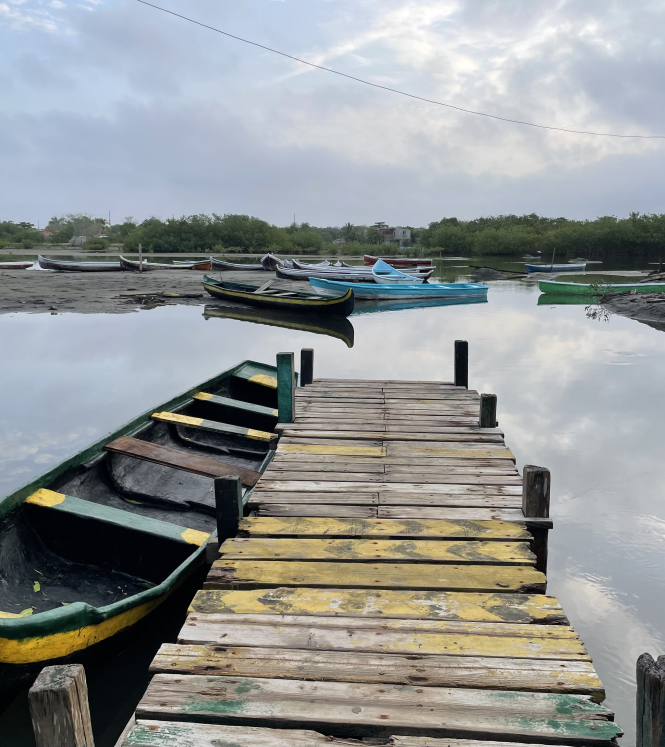
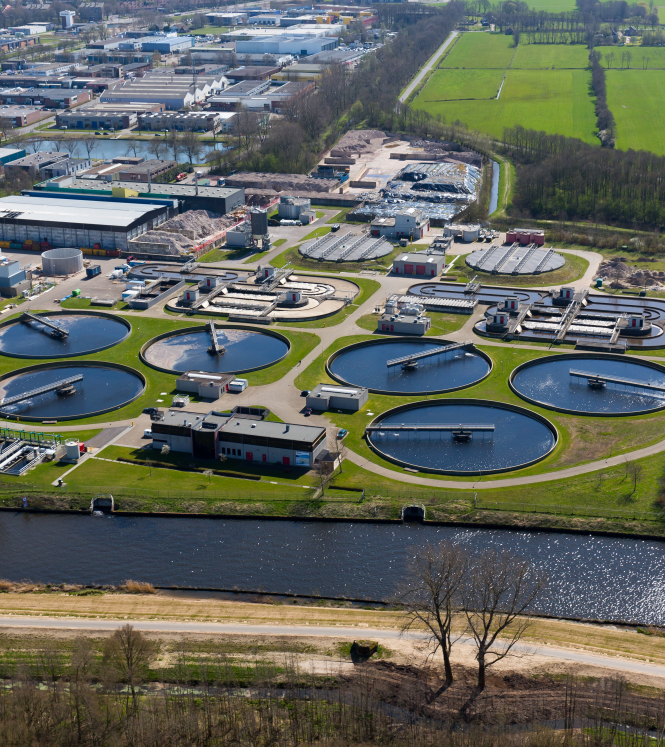
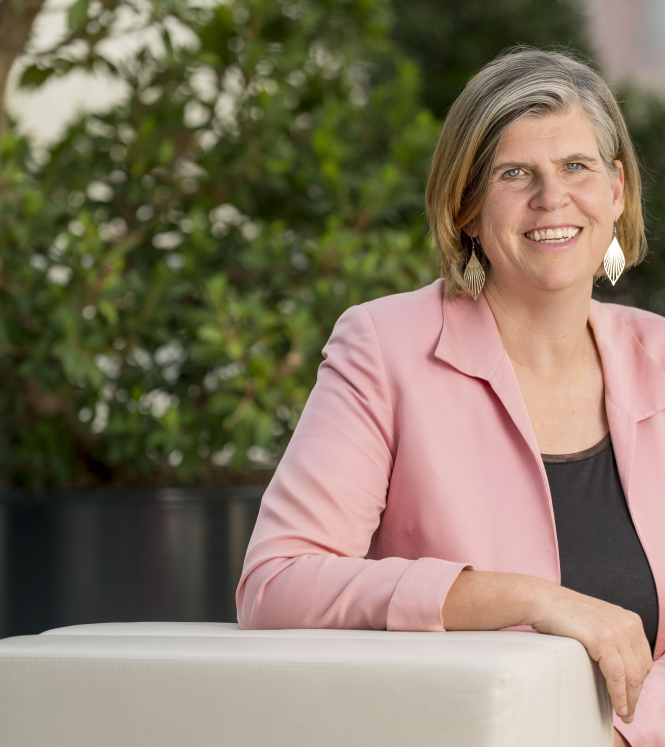
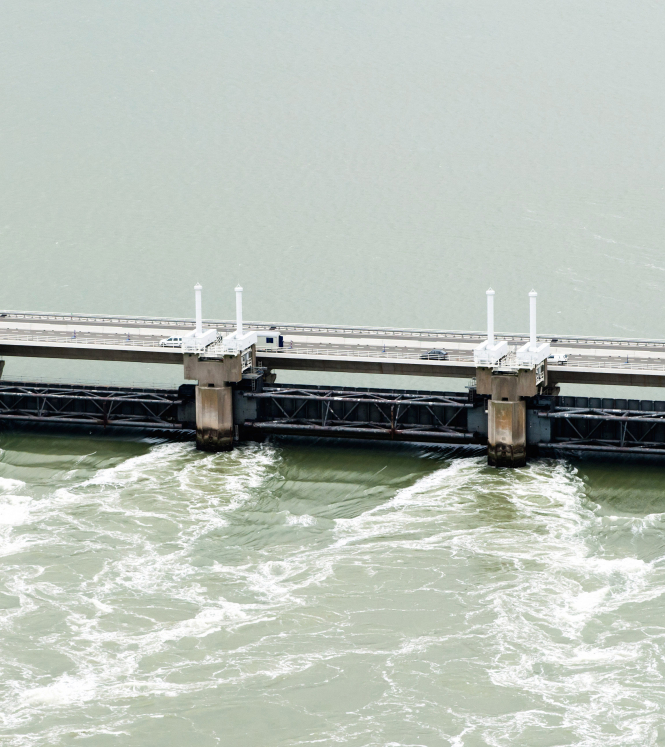
Want to know more about how you can work together with the Netherlands to achieve your goals? Or how you can help contribute to or spread the word on campaigns, events and initiatives? Contact us directly at info@nlbranding.nl so we can help you connect to the right people.